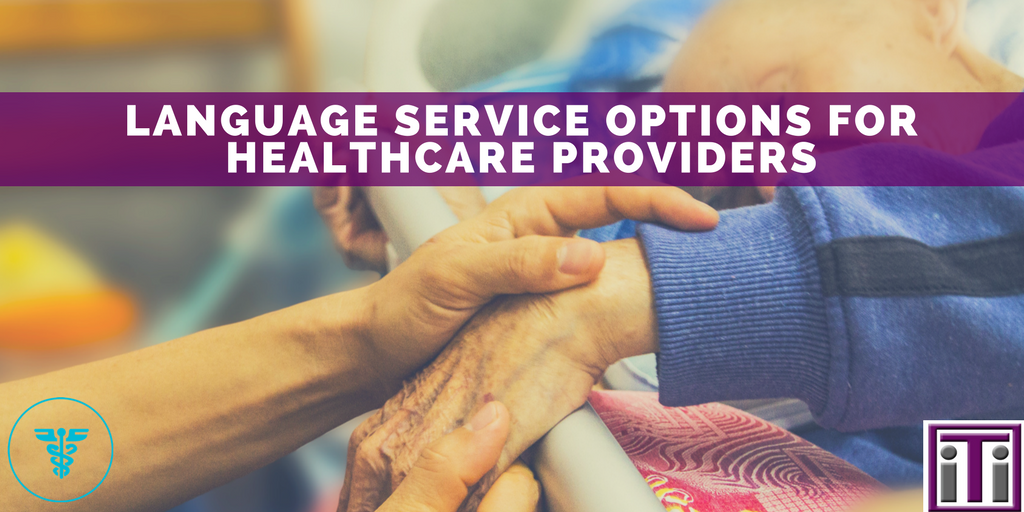
aThe number of non-English speakers in the United States is continuing to rise. According to the 2011 Census, over 60 million US residents speak a languagea other than English at home, and have limited or no proficiency in English. Couple this fact with increased pressure from the Federal Government on healthcare providers to provide equal care to limited English speakers, and it’s obvious that language barriers are a major issue affecting hospitals across the nation.
Title VI of the Civil Rights Act of 1964 prohibits discrimination based on race, color, or national origin. “National origin” protects the rights of those who do not speak English. The Affordable Care Act extends previous mandates, and specifically states that healthcare institutions must provide written translation services, as well as spoken interpreting services, for individuals with limited English.
Healthcare institutions run the risk of losing Federal funds and reimbursements for failing to provide adequate care through a language access plan.
So, what are your options when you have to care for a non-English speaking patient?
We break down the best suited services for hospitals and doctors below. Be sure to speak with your management staff about the services you currently have available and what may be a good addition!

In-Person Interpreting
The in-person interpreting service is the most well-known of the various services available. A professional interpreter is scheduled, typically through an agency, to attend for a patient’s appointment. The value provided by a certified medical interpreter should not be underestimated, and there are many reasons as to why a bilingual staff member shouldn’t be used at the last minute, simply because they speak another language. (Click here for more information on the difference between bilingual staff and professional interpreters). Certified medical interpreters are trained in medical terminology, remain unbiased in potentially emotional circumstances, and help the appointment run smoothly.
An in-person interpreter will always ensure that the patient receives the the best possible level of care, however, it is not always feasible to provide this service. For those emergency situations, one of the following options can be considered:
Video Remote Interpreting
Video remote interpreting (VRI) is the next best thing to having an in-person interpreter in the room for the appointment. Specific services vary, however, in general, VRI is a service that can be used through a device such as a laptop or tablet. A video call is placed to a professional interpreter of your chosen language during the appointment time, and they fulfill the interpreter role through a video link similar to Skype. This service is available on-demand, making it perfect for emergency situations when there is no time to schedule an in-person interpreter. For more information on the pros and cons of VRI, here is a post that goes into more detail.
Over the Phone Interpreting
Over the phone interpreting is a basic service in which a call is placed to a phoneinterpreter. You are assigned an 800 number which gives you access to professional interpreters of 100-200 languages in a very short timeframe. Some providers utilize a speaker phone and use this service during an appointment with the patient present. This can work well for basic information, but is not suitable for long appointments during which sensitive subjects may be addressed, as it lacks the personal touch that are appropriate in such situations.
This service is best suited use for scheduling appointments, follow ups, and for anything that it is appropriate to discuss over the phone. In those instances, a 3-way call is placed and the over-the-phone interpreter ensures that the conversation runs smoothly.
Document Translation
Not all medical communication is spoken, and for times that there are relevant written documents, a professional translation of the documents will ensure that the patient receives the information clearly, in the appropriate language. Whether the documentation should be legal forms, discharge instructions, signage, or informational booklets, a professional translation agency will ensure that the patient can understand the communication.
With both the government and the healthcare industry as a whole placing such a large focus on patient experience and quality of care, appropriate use of these services will ensure equal care for everyone who walks through the doors.
For more detailed information on how professional language services affect patient care, download our Definitive Guide to Interpreter Services in Healthcare!
Last Updated December-12-2016






Comments are closed here.